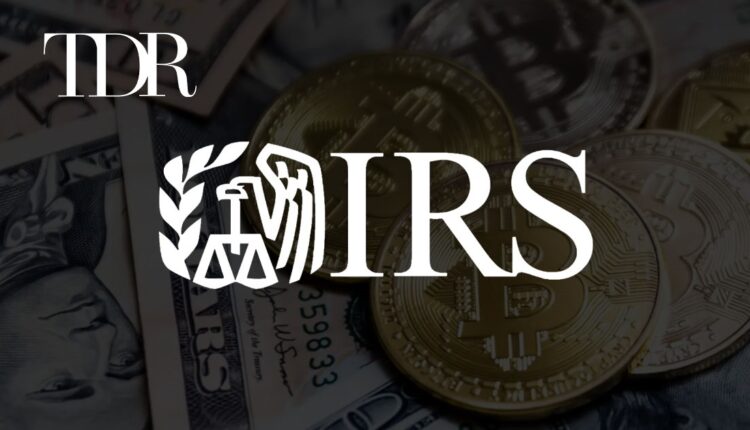
U.S. Treasury Finalizes Crypto Tax Regulations with 1099-DA Form
The TDR Three Key Takeaways regarding U.S. Treasury Finalizes Crypto Tax Regulations with New 1099-DA Form:
- New crypto rules by the U.S. Treasury target tax evasion.
- The U.S. Treasury mandates crypto brokers to use form 1099-DA.
- New rules exclude DeFi platforms, reflecting their decentralized nature.
The U.S. Treasury has finalized new crypto tax reporting rules, requiring crypto brokers to use the newly created 1099-DA form to report digital asset transactions to the IRS. This rule aims to close the tax gap by ensuring that crypto transactions are reported similarly to traditional financial transactions.
The U.S. Treasury announced finalized rules that mandate crypto brokers, including exchanges and payment processors, to report detailed information on digital asset transactions to the IRS using a newly created form, the 1099-DA. This development aims to close the tax gap by ensuring crypto transactions are reported in a manner akin to traditional financial transactions.
The new rules primarily target centralized exchanges, hosted wallet providers, and payment processors, exempting decentralized finance (DeFi) platforms and digital asset miners. This exemption reflects the Treasury’s acknowledgment of the complexities and decentralized nature of these entities. Consequently, the implementation of reporting requirements for DeFi platforms and non-custodial entities has been delayed.
The newly implemented crypto tax regulations rules will take effect in 2025, giving entities time to adjust their systems and processes for compliance. The crypto industry has expressed significant concern about the privacy implications and the potential burden of collecting and reporting extensive data. There are worries about the feasibility of these requirements for certain platforms, particularly those not currently set up to handle personal data collection. Many comments submitted during the public feedback period highlighted concerns about the reporting burden and privacy risks associated with collecting personal information on small transactions.
“Because of the bipartisan Infrastructure Investment and Jobs Act, investors in digital assets and the IRS will have better access to the documentation they need to easily file and review tax returns,” said Acting Assistant Secretary for Tax Policy Aviva Aron-Dine. “By implementing the law’s reporting requirements, these final crypto tax regulations will help taxpayers more easily pay taxes owed under current law while reducing tax evasion by wealthy investors.”
IRS Commissioner Danny Werfel publicly emphasized the importance of these regulations in combating tax evasion last week. “We reviewed thousands of public comments and believe this new guidance addresses those concerns while striking a balance between industry implementation challenges and closing the tax gap related to digital assets. These regulations are an important part of the larger effort on high-income individual tax compliance. We need to make sure digital assets are not used to hide taxable income, and these final regulations will improve detection of noncompliance in the high-risk space of digital assets. Our research and experience demonstrate that third-party reporting improves compliance. In addition, these crypto tax regulations will provide taxpayers with much-needed information, which will reduce burden and simplify the process of reporting their digital asset activity.
The Treasury is seeking feedback on the proposed rules, including whether stablecoin transactions should be exempt if they don’t result in a gain or loss. The finalized crypto tax regulations rules aim to ensure compliance and reduce tax evasion, but the industry’s privacy and operational concerns have likely not be satisfied.



